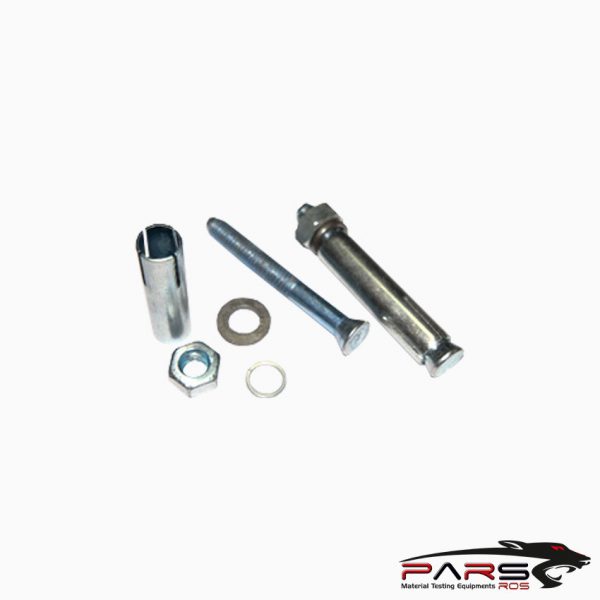
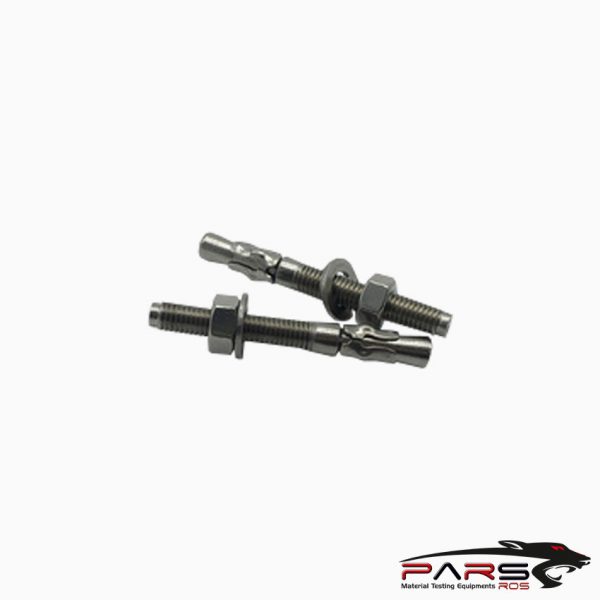
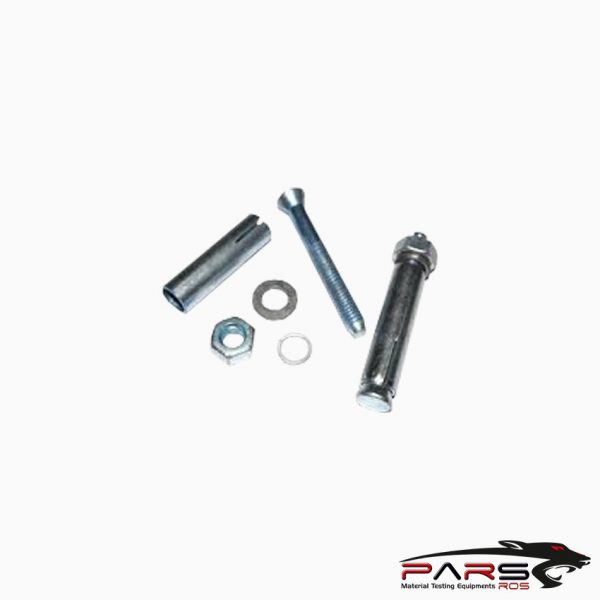




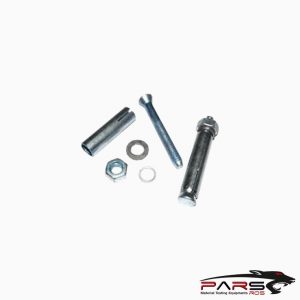
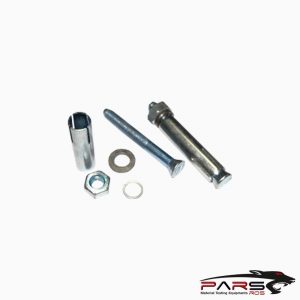
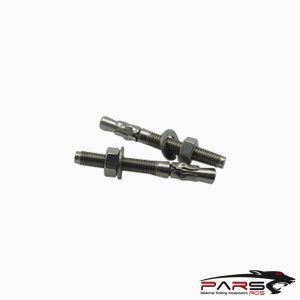
ASTM F1554 – Standard Specification for Anchor Bolts, Steel, 36, 55, and 105-ksi Yield Strength
ASTM F1554 – Tensile Test for Steel Anchor Bolts
ASTM F1554 – This specification covers straight, bent, headed, and headless anchor bolts (also known as anchor rods) made of carbon, medium carbon boron,
alloy, or high-strength low- alloy steel.
Please Contact With Us For More Information
- Description
- Reviews (0)
- TECHNICAL SPECIFICATIONS
Description
Description
ASTM F1554 – Standard Specification for Anchor Bolts, Steel, 36, 55, and 105-ksi Yield Strength
ASTM F1554 – Tensile Test for Steel Anchor Bolts
ASTM F1554 – This specification covers straight, bent, headed, and headless anchor bolts (also known as anchor rods) made of carbon, medium carbon boron,
alloy, or high-strength low- alloy steel.
It provides for anchor bolts in three strength grades, two thread classes, and in the diameters .
The specification also covers all-thread rod for use in anchoring to concrete. References to anchor bolts in this standard do not necessarily exclude all-thread rod.
Anchor bolts are intended for anchoring structural supports to concrete foundations.
Such structural supports include building columns, column supports for highway signs, street lighting and traffic signals, steel bearing plates, and similar
applications.
ASTM F1554 – This specification covers the chemical, mechanical, and dimensional requirements, and associated test methods for straight and bent, headed
and headless anchor bolts (also known as anchor rods) made of carbon, carbon boron, alloy, or high-strength low-alloy steel and having specified yield strengths.
The anchor bolts are furnished in three strength grades, two thread classes, and various sizes, and are intended for anchoring structural supports to concrete
foundations such as building columns, column supports for highway signs, street lighting and traffic signals, steel bearing plates, and similar applications.
This specification, however, does not cover the requirements for mechanical expansion anchors, powder-activated nails or studs, and anchor bolts
fabricated from deformed bars.
The bolts shall adhere to specified elemental chemical compositions as examined by heat and product analysis.
They shall also be tested for their conformance with mechanical properties such as tensile strength, yield strength, elongation, reduction of area, and stress area.
The anchor bolts shall also meet specified values for nominal size, body diameter, bend section, length, bend angle, and coated length.
ASTM F1554 – Geometry
The bolts can be either straight or bent and the ends of the bolts can be either headed or headless.
There are several different sizes of bolts that are tested based on the diameter.
ASTM F1554 – Solution
A Universal Testing Machine is used in combination with bolt grips in order to perform the tensile test.
Mounting the rods is relatively easy especiall if the rod is threaded or headed such as with a Hex head.
This test is usually used more as a quality acceptance test instead of in an R&D environment. For this reason an extensometer is usually not needed.
The test results include ultimate tensile strength, yield strength, and elongation.
All of these parameters are easily measured with a PARSROS material testing system.
Similar Specifications
ASTM E8 – Metal Tensile Test
ASTM A370 – Test Methods for Steel Products
ASTM A307 – Tensile Testing on carbon Steel Bolts and threaded Rod
***PARSROS offers several types of grips and fixtures which will enable you to perform a variety of tests that are
accurate and repeatable.
Reviews (0)
TECHNICAL SPECIFICATIONS
Please contact with our engineers so that we can find and offer Best Universal Tensile Test Machines , Grips , Jaws and Other Accessories for your operations


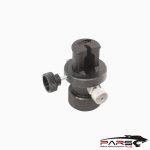
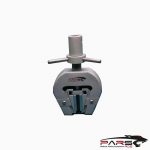
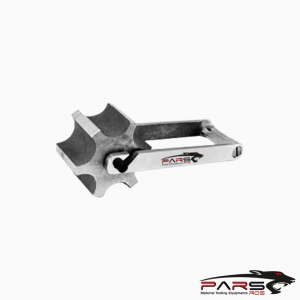
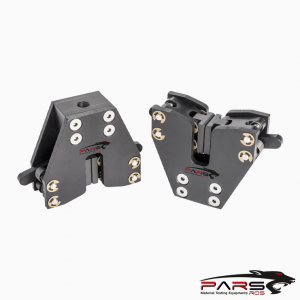
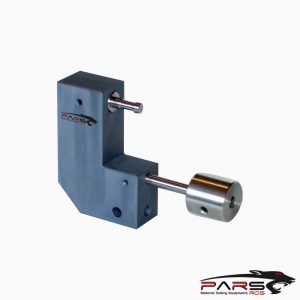
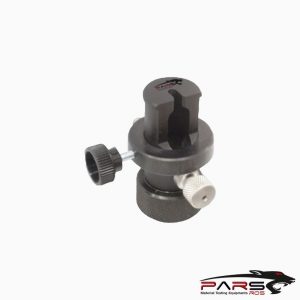
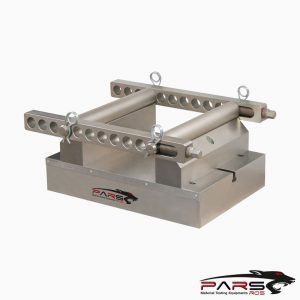
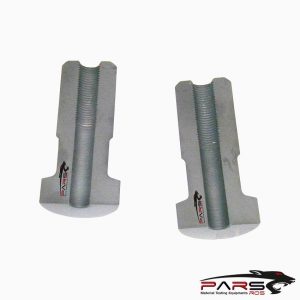
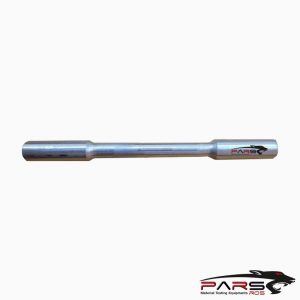
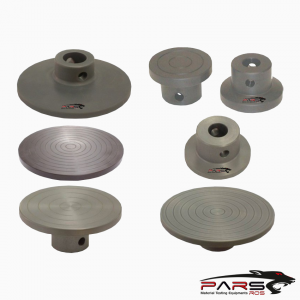
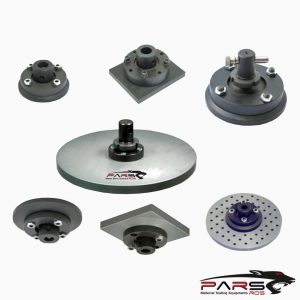
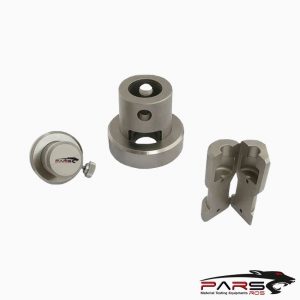
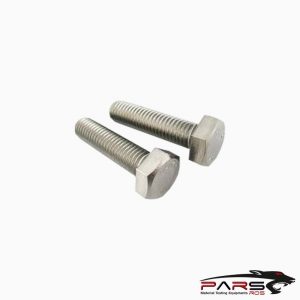
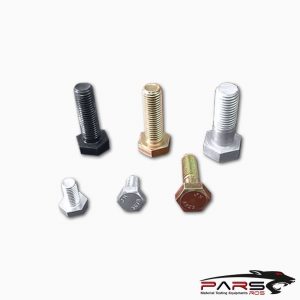
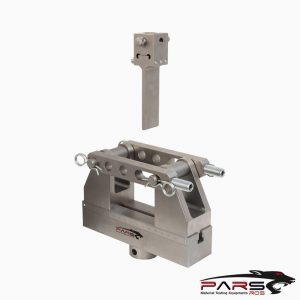
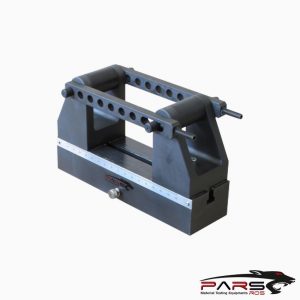
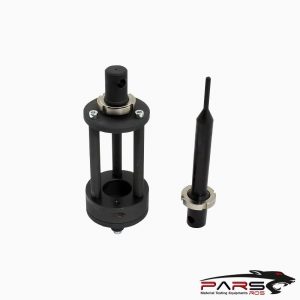
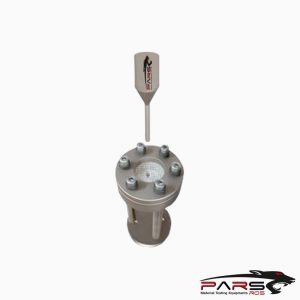
Leave a Reply
You must be logged in to post a comment.